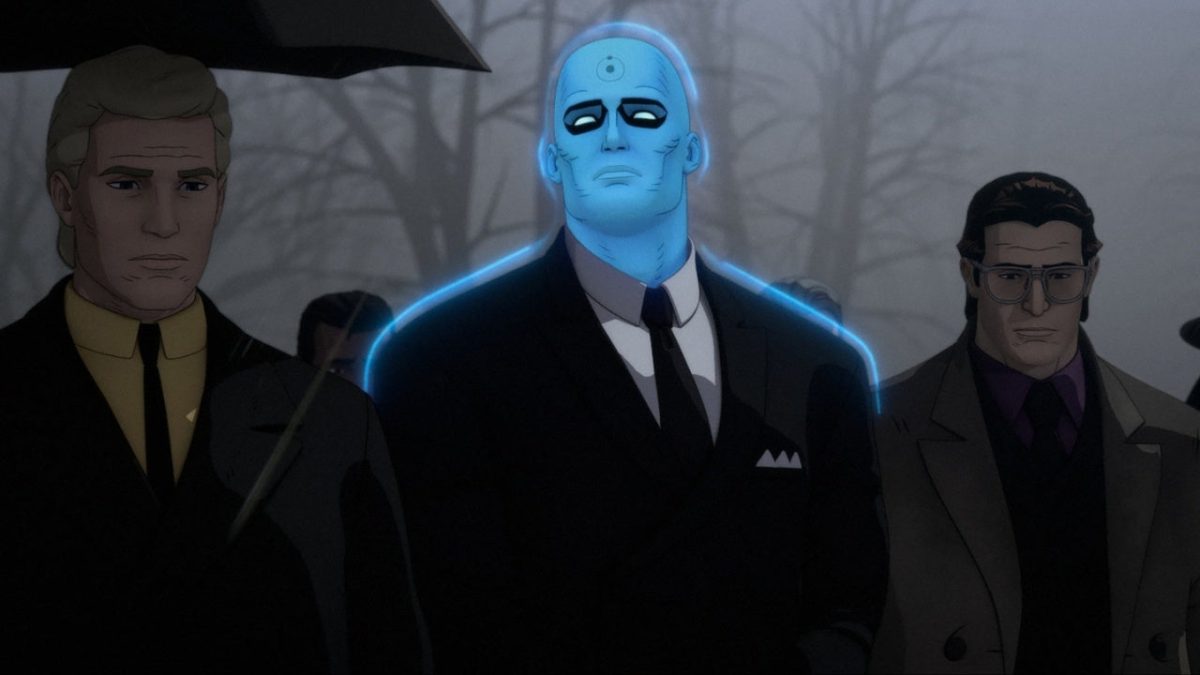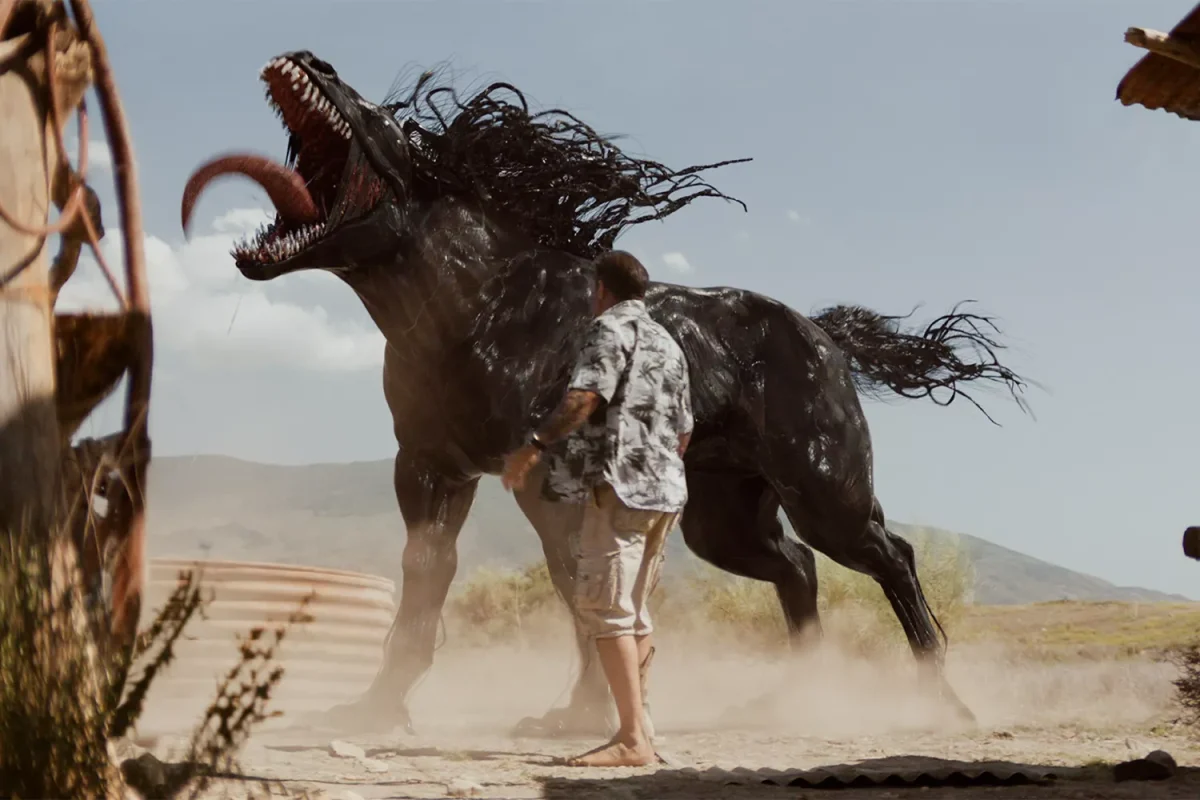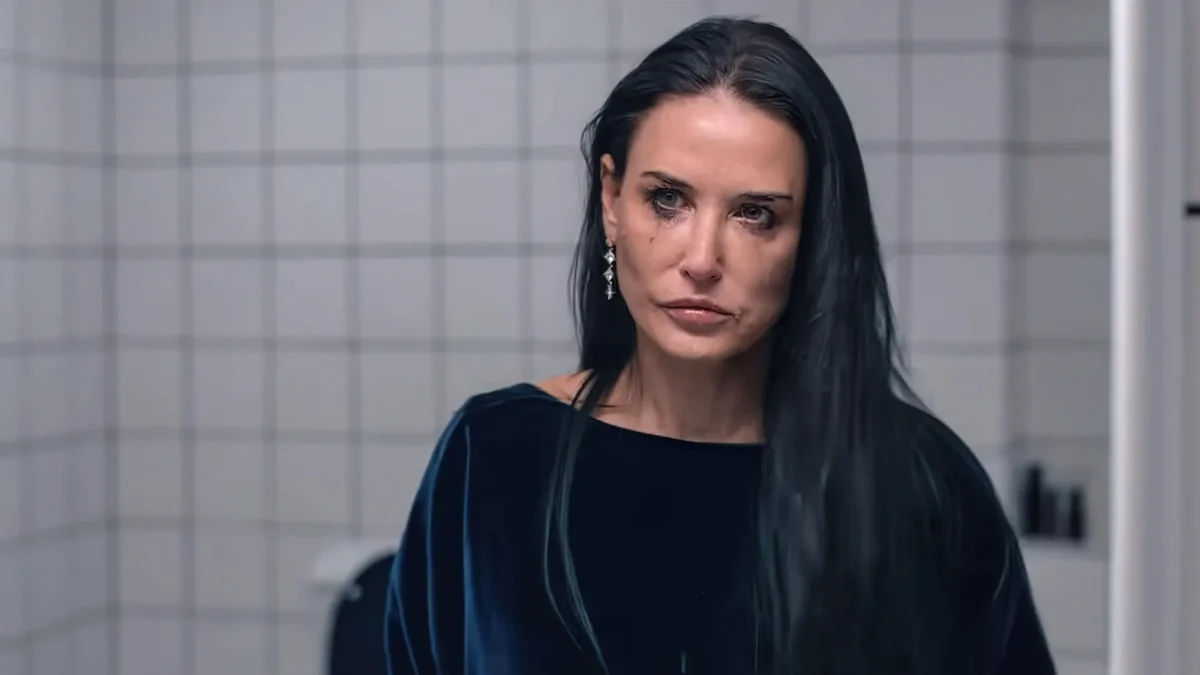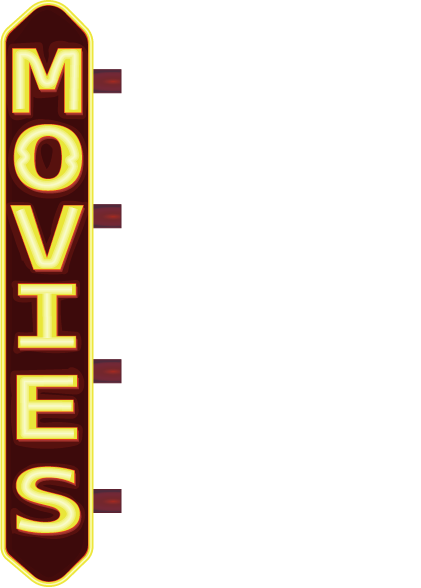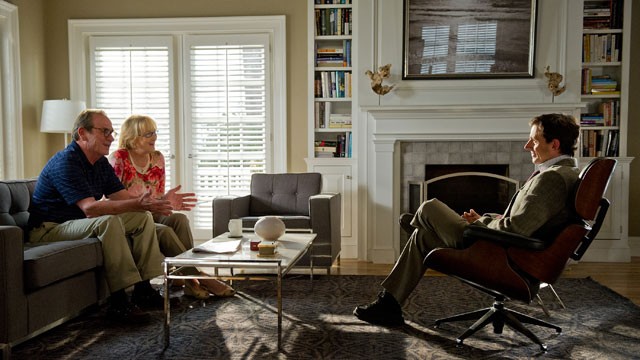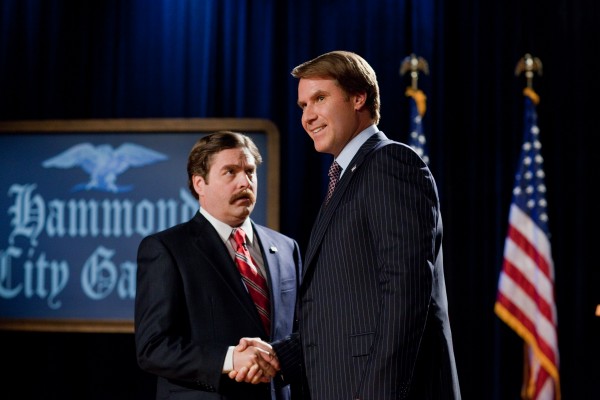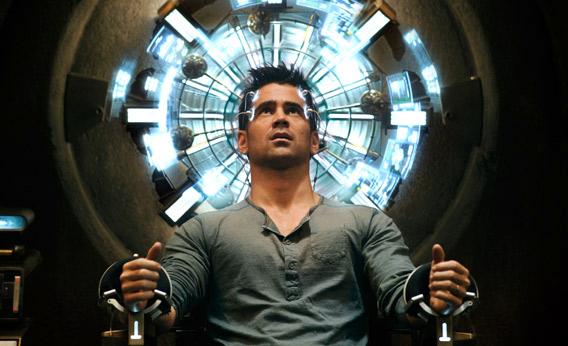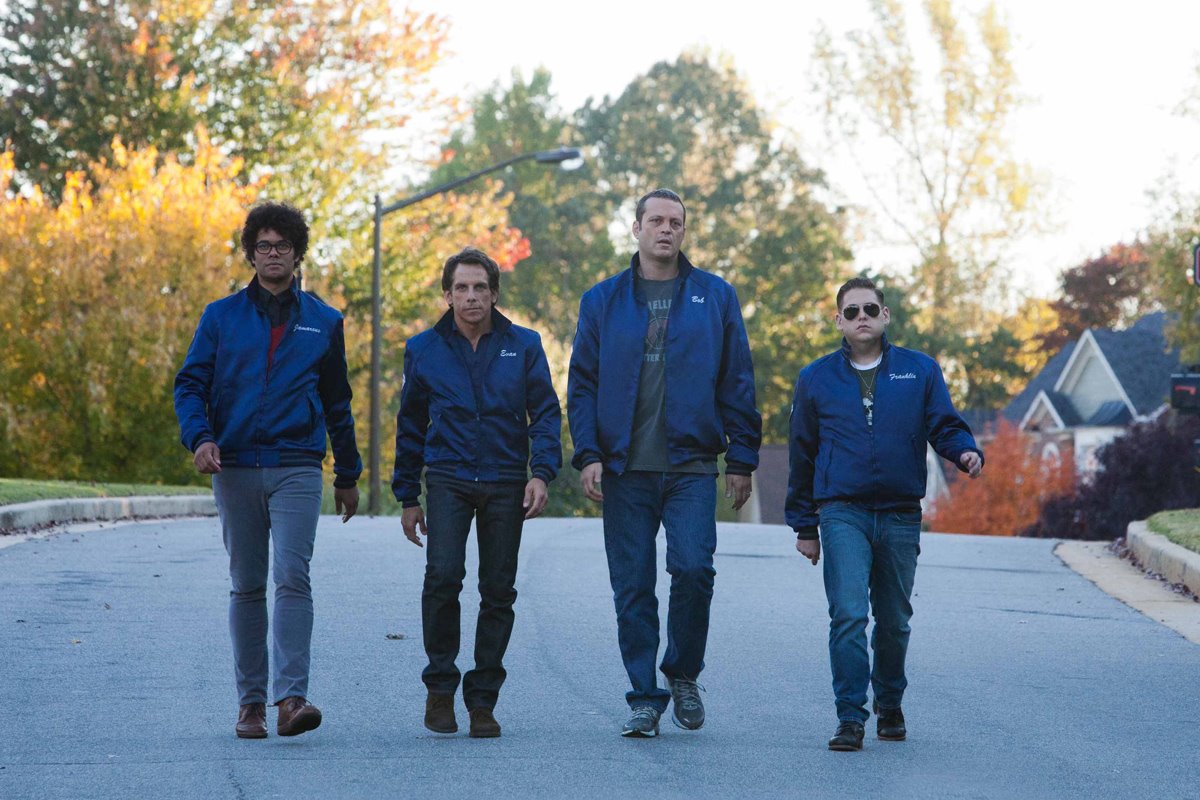Convicted murderer Michael Perry is scheduled to be executed in eight days when director Werner Herzog interviews him.
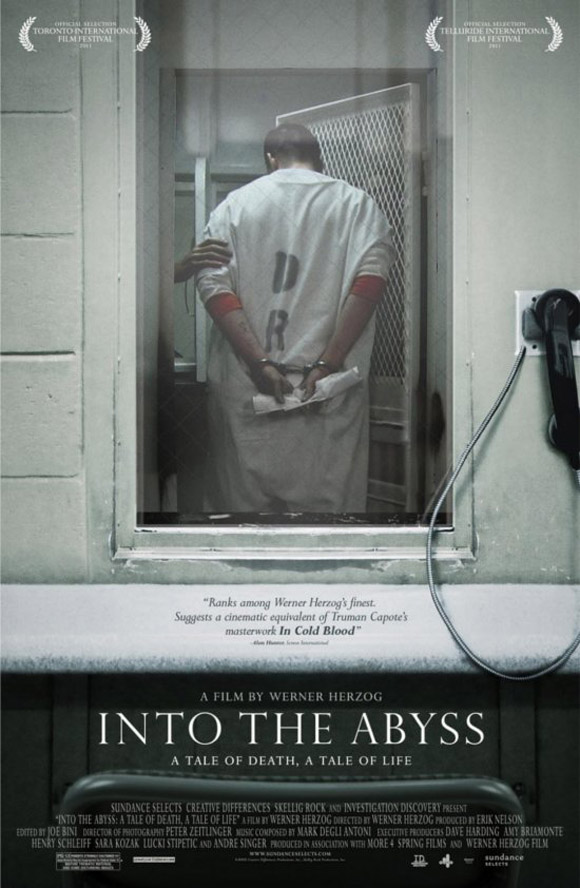
“How are you doing?” Herzog asks the man accused of killing or murdering a woman during a burglary in 2001.
Herzog’s inquiry is such a courteous way to start the interview, demonstrating his goal with his newest documentary “Into the Abyss”– to show that the killers our society elects to kill are not monsters, just humans. However, Herzog’s film never pontificates. Early on, Herzog states his own opposition to capital punishment. He then tells Perry that what he did was unacceptable.
“I don’t have to like you, but I respect you as a human being.”
Nothing is simple in “Into the Abyss.” Nothing is merely black or white. In fact, “Into the Abyss” completely avoids the trajectory of a typical investigation film, like Errol Morris’s “The Thin Blue Line” or Andrew Jarecki’s “Capturing the Freidmans.” A Texan sergeant leads the audience through the crime, step by step. But, the film never shows the trial and never asks about innocence or guilt. Those do not matter. What matters here are life and death.
Herzog interviews Jason Burkett, a convicted accomplice to Perry, Burkett’s father, incarcerated for multiple offenses of narcotics crimes, Burkett’s new wife, a family member of one of the victims, a death-row chaplain and an executioner, among others. Placed together, these subjects craft a full look at the situations and circumstances surrounding crime and punishment. It is easy to see how the victims’ family wanted to attend the execution. Yet, it is equally easy to understand Mr. Burkett when he mourns the example he set for his sons, both of whom have done time in prison.
“Into the Abyss” captures both sides of the experience, chronicling the emotions of the people involved, not to debating the issue. Here, the death penalty is removed from the discourse of politics and religion and placed squarely in the context of how it affects humans. The result is sad, sympathetic and contemplative in a way characteristic to Herzog.
Throughout his 40-year career, Herzog has crafted a complex and beautiful epic poem about humankind’s place in the cosmos. His work is often mystical and metaphysical, contemplating the eccentric and transcendental in equal measure with reverence and wit. From “Grizzly Man” and “Encounters at the End of the World,” to “Cave of Forgotten Dreams,” Herzog always seems to know which questions to ask and where to let his camera linger.
Much of “Into the Abyss” is slow and deliberate. Add that to the heavy and somber subject matter, and “Into the Abyss” can be an emotionally taxing experience.
This film is a part of a larger whole. Herzog planned a documentary television series titled “Death Row,” in which he will cast a larger, longer gaze at capital punishment in Texas. So, “Into the Abyss,” which Herzog considers the choicest cut of the interviews he conducted for “Death Row,” feels a little like a brief, dark glance through a glass, or a chapter of a greater magnum opus.
“Into the Abyss” is well worth the watch not only because it is the work of one of the great, underrated directors currently working, but also because it is a confident display of his curiosity, enthusiasm and empathy.
B+




